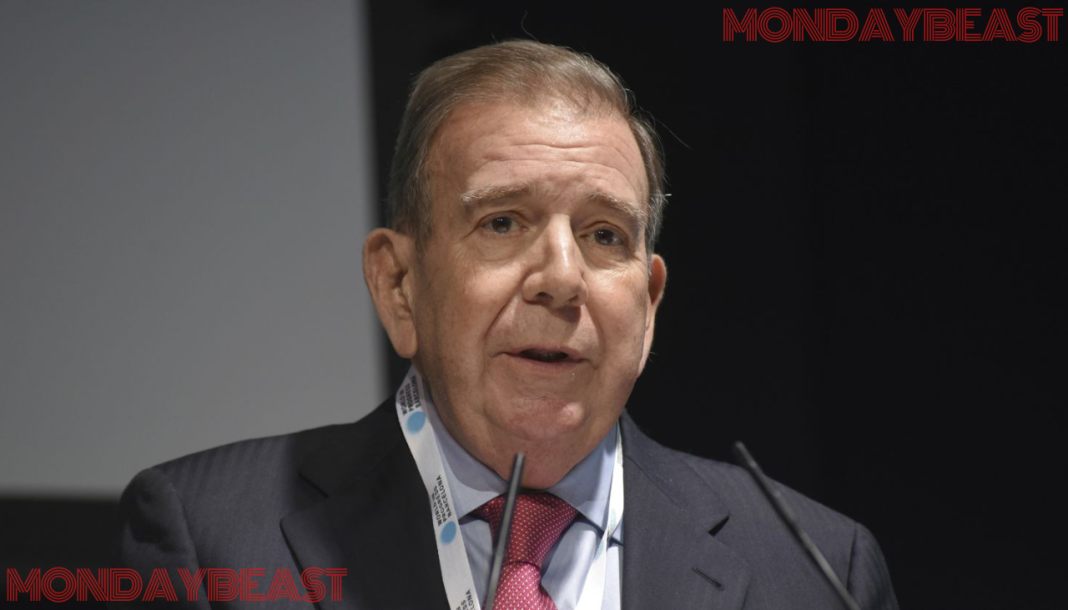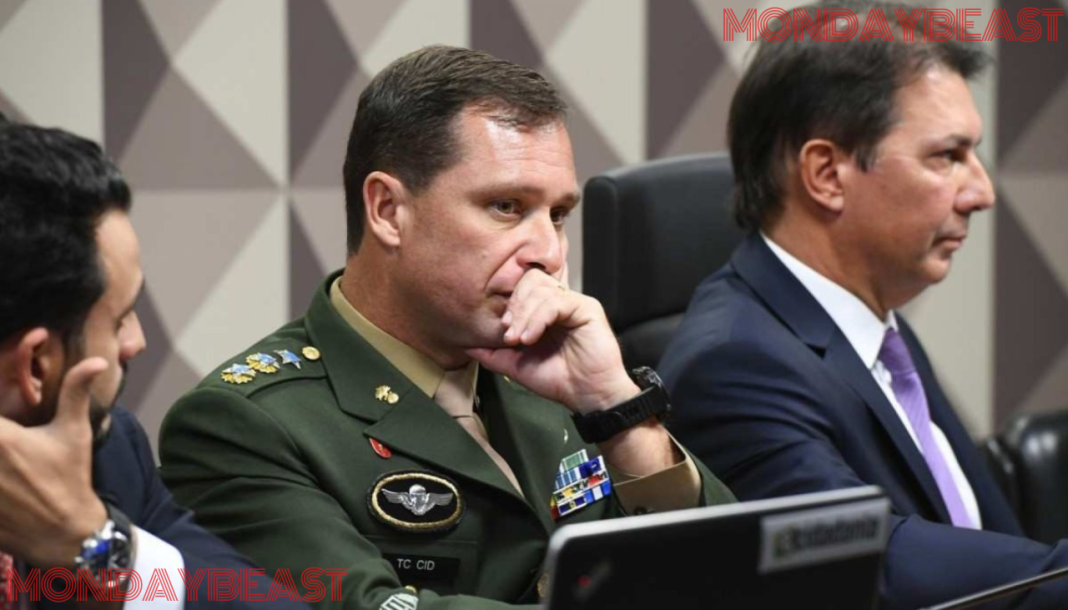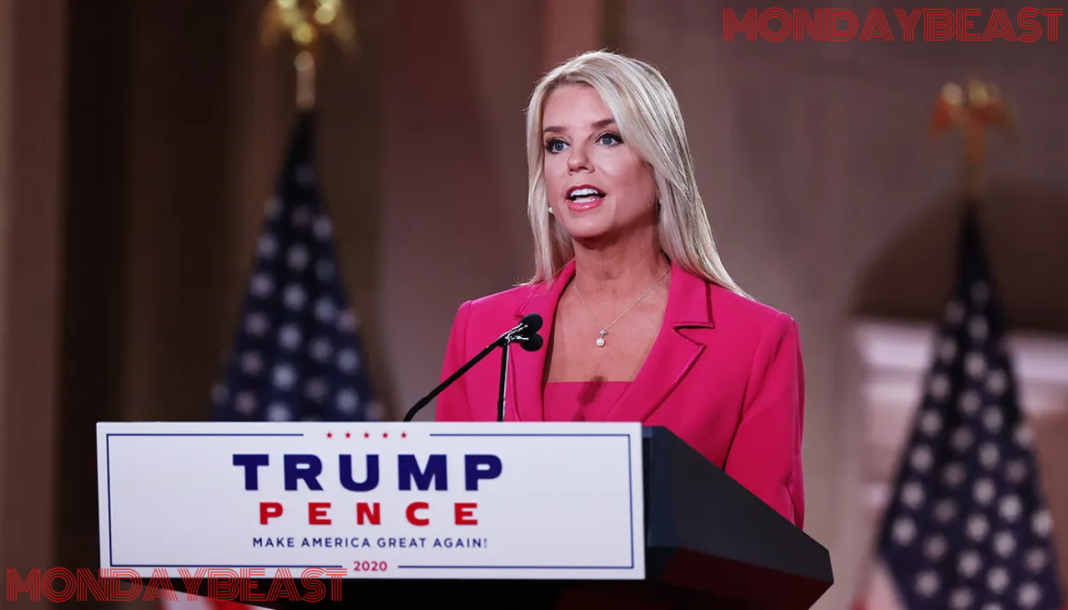González’s Presidential Intentions
Edmundo González, the Venezuelan opposition leader, is making headlines. This week, he confirmed in an interview that he plans to return to Venezuela to assume the presidency on January 10. He boldly stated that his inauguration will follow constitutional protocols and be conducted before legislative bodies. It’s a significant claim, especially considering the current political climate in Venezuela.
Seeking to gather support, González expressed his confidence. He claims officials have prepared for his arrival, though he gave no specifics on who these officials are. This uncertainty hangs over his plans, creating a mix of hope and doubt for supporters. Can he really bring change amidst the challenging situation Venezuela faces?
Recognition from the United States
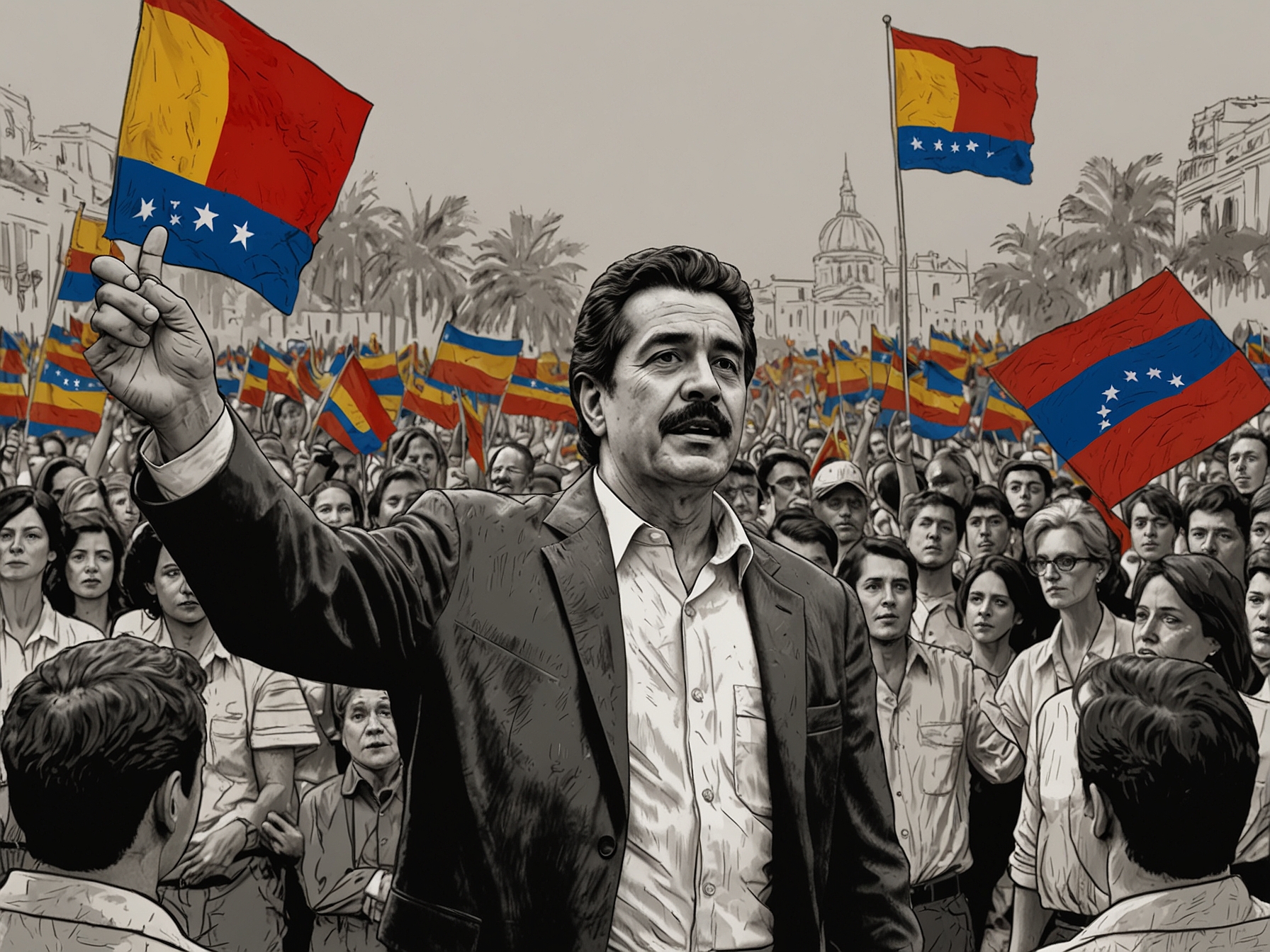
In a surprising turn of events, the U.S. government has officially recognized González as the duly elected president of Venezuela. Secretary of State Antony Blinken announced this on social media, inviting a flurry of reactions. For many Venezuelans, this recognition serves as a symbol of hope in a time of despair.
González himself thanked the U.S. for the acknowledgment, stating it respects the Venezuelan people’s desire for change. But can international recognition hold weight if Maduro’s regime remains entrenched? The complexities of international politics often cloud such optimistic narratives.
Context of Allegations and Fraud
The backdrop to González’s assertive stance is riddled with controversy. In July, Venezuelan elections declared Nicolás Maduro the winner amid allegations of widespread fraud. The opposition released evidence suggesting González won with over 70% of the vote. Interestingly, international observers, including those from the Carter Center and the United Nations, have validated these claims.
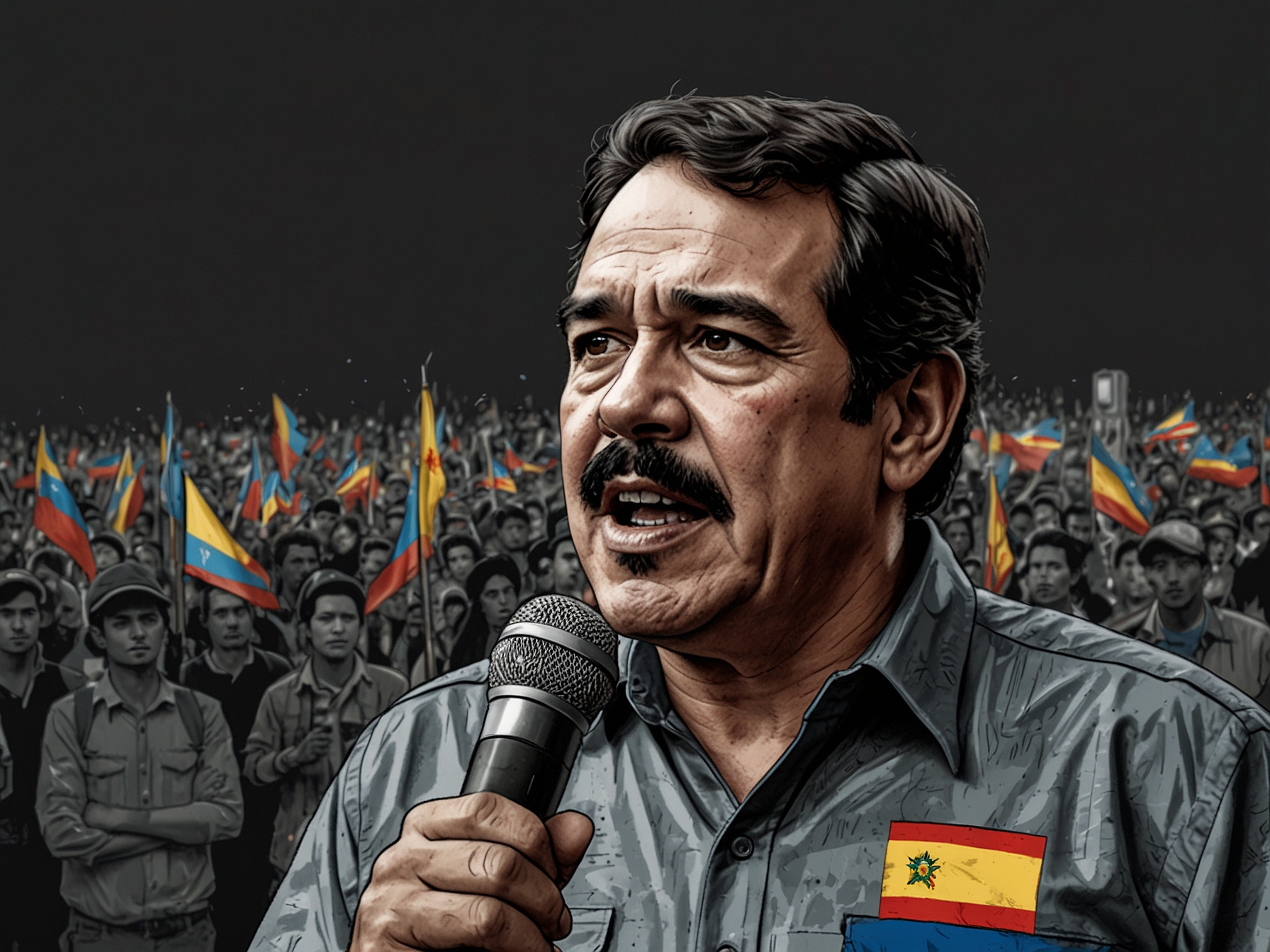
What does this say about the electoral integrity in Venezuela? It raises questions about how democracy functions in environments where power is tightly controlled. For many, this situation fosters a sense of hopelessness. Yet, for others, the pushback from González and his followers ignites a flicker of resilience.
Maduro’s Firm Control
Despite the validation from international bodies, Maduro’s grip on power persists. He continues to label the opposition’s claims as fraudulent, dismissing any challenge to his authority without hesitation. This stubbornness poses a significant barrier for González, who seeks not only recognition but actual governance.
As these dynamics unfold, what will happen next? Can González rally enough support to effect real change? The Venezuelan people find themselves in a precarious position, caught between hope and frustration.
The Road Ahead
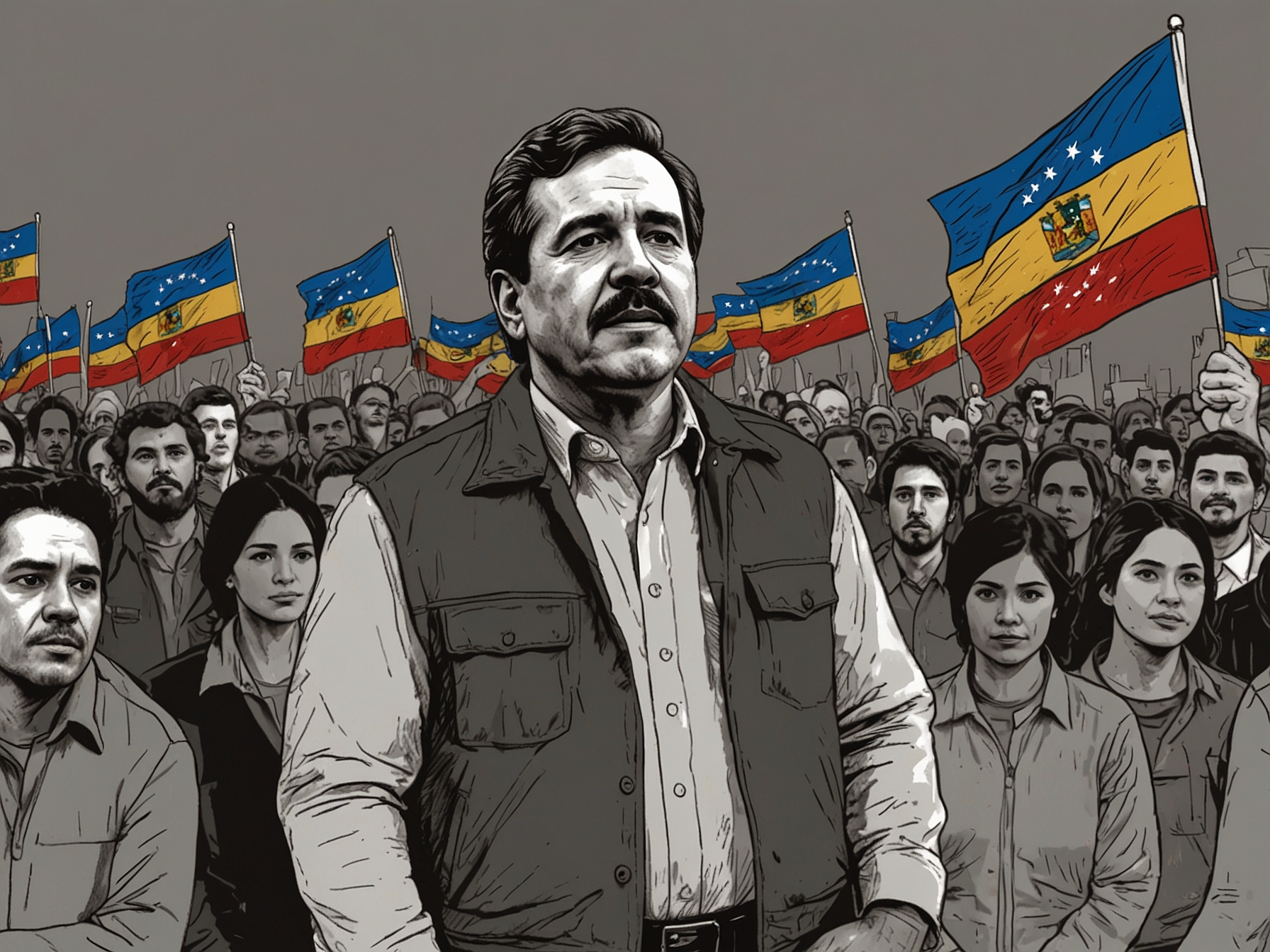
For González’s plans to succeed, he will need more than just recognition; he needs a well-organized approach to mobilize ground support. There is a palpable tension as the January date approaches. The question lingers—what will it take for the Venezuelan population to feel empowered, to trust in their leaders once more?
Ultimately, the choices made in the coming months will shape the future of Venezuela. The path is daunting, and it leaves one wondering whether hope can triumph over oppression.

